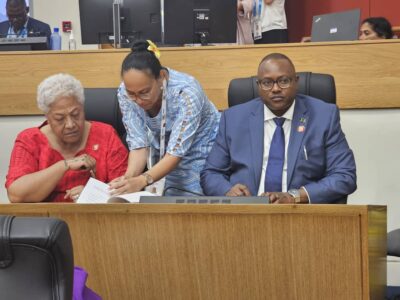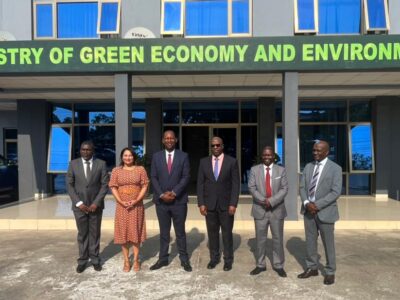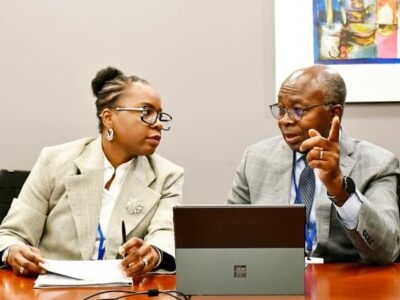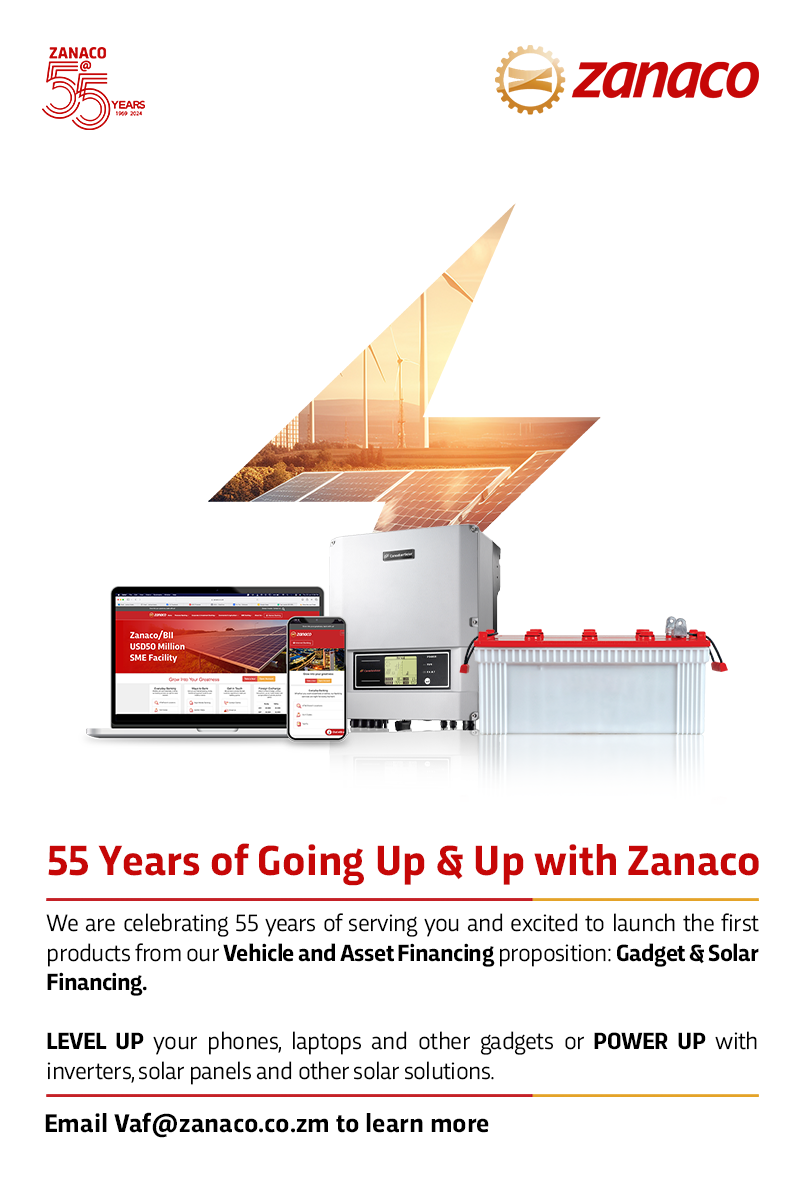First Quantum Minerals has joined the call to action in enhancing efforts to reduce plastic pollution and seek sustainable alternatives.
Arnold Malambo, FQM Environmental lead, spoke on the company’s substantial progress in reducing plastic waste generation and advancing eco-friendly initiatives.
Malambo noted that plastic waste pollution had emerged as a pressing global issue, one that affected the environment, wildlife and human health.
He stated that the production and consumption of plastics had risen rapidly over the past few decades.
“While plastic has undoubtedly revolutionised industries and made everyday life more convenient, its disposable nature has led to a crisis,” Malambo said.
He noted that transitioning to more sustainable practices, such as recycling and adopting alternative materials, can lead to cost savings and new economic opportunities.
Malambo stated that this would not just be for the country but also for companies that consume plastics on a daily basis.
“Since the year 2014, we have gone on a serious campaign to reduce plastic waste generation and to that effect, our drive has been more about recycling and avoidance,” he added.
He cites the following example.
“All employees receive reusable aluminium bottles, which have become a standard item and visitors are also offered these bottles as an alternative to single-use plastics. So even for visitors, we try by all means to give them aluminium bottles, which they can reuse, instead of plastic,” Malambo stated.
Read More: FQM begins nickel concentrate production, set to become Africa’s largest producer
He revealed that with the campaign, the mining firm had been able to reduce bottled water consumption by 99.8 percent, as of last year.
Malambo said the company addressed plastic waste generated from canteens by substituting non-biodegradable food packaging and cutlery with sustainable alternatives, such as biocane food packaging and corn starch cutlery.
“This has resulted in significantly reducing the non-biodegradable waste sent to the landfill.In terms of industrial waste packaging materials, Kansanshi has undertaken an ambitious recycling programme,” he stated.
Malambo added that various industrial plastics containing chemicals and bags used for fertilisers and other materials are shredded, packaged, and sent to recyclers.
WARNING! All rights reserved. This material, and other digital content on this website, may not be reproduced, published, broadcast, rewritten or redistributed in whole or in part without prior express permission from ZAMBIA MONITOR.













Comments